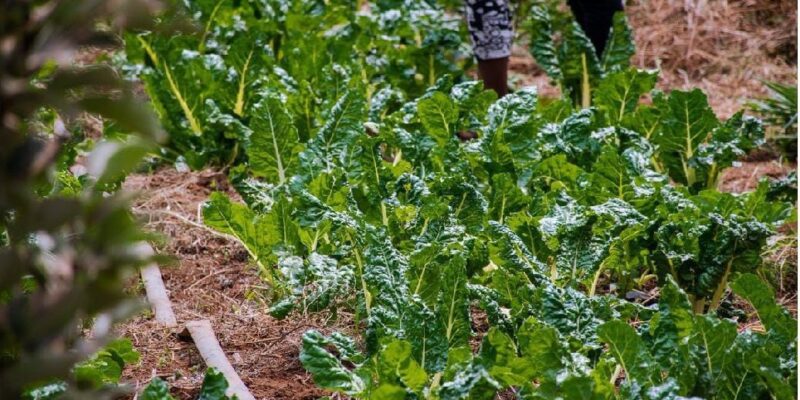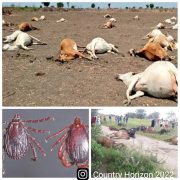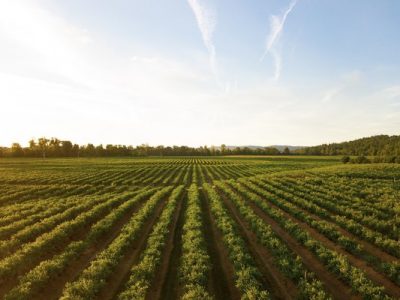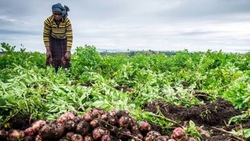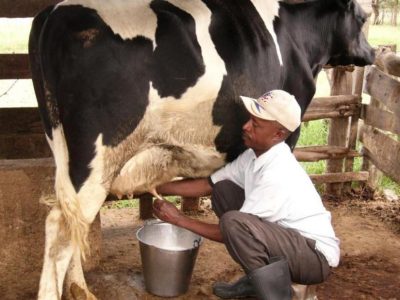By Abel Mavura
“The Silent Poison on Our Plates”
Zimbabweans are facing a silent but deadly threat: the unchecked use of harmful chemicals in agriculture. Pesticides, herbicides, and synthetic fertilizers intended to boost food production are increasingly linked to a surge in non-communicable diseases such as cancer. The consequences are dire, with more people falling ill, dying young, and unknowingly consuming toxic residues in their daily meals.
Beyond human health risks, chemical-intensive farming is also degrading the land, contaminating water sources, and threatening biodiversity. The widespread use of synthetic chemicals is disrupting natural ecosystems, killing beneficial insects, and accelerating soil infertility. If left unchecked, these practices will compromise the food security and ecological balance for future generations. The time to act is now.
The Cost of Chemical-Intensive Farming
Over the years, Zimbabwe’s agricultural sector has become heavily reliant on chemical inputs such as the widely used Shumba pesticides, which, while effective against pests, contain toxic substances that pose serious risks to human health and the environment. Many farmers, often unaware of the dangers, apply these chemicals without proper protective gear or training, exposing themselves, consumers, and ecosystems to harmful residues.
Studies have shown that pesticide exposure is linked to a higher risk of cancers, neurological disorders, and reproductive health issues. In rural areas, where communities rely on boreholes and river water, pesticide runoff contaminates water sources, endangering human and animal life. Meanwhile, pollinators such as bees crucial for food production are being wiped out, threatening long-term food security.
Agroecology: A Sustainable Alternative
Amidst this crisis, agroecology offers a viable and sustainable solution. Unlike conventional farming, which prioritizes high yields at the expense of environmental and human health, agroecology promotes farming practices that work with nature rather than against it. By eliminating toxic chemicals and focusing on ecological balance, agroecology ensures food production that is safe, sustainable, and resilient to climate change.
Agroecology emphasizes techniques such as composting, crop rotation, intercropping, and natural pest control methods instead of synthetic fertilizers and pesticides. Farmers who have adopted these methods report improved soil fertility, increased yields over time, and healthier crops free from toxic residues.
A shift to agroecology would not only protect public health but also strengthen Zimbabwe’s agricultural sector by reducing reliance on expensive imported chemicals. It would empower smallholder farmers who make up the backbone of Zimbabwe’s food system to produce nutritious, chemical-free food while preserving the environment for future generations.
The Role of Indigenous Knowledge in Agroecology
Indigenous knowledge has long provided sustainable farming solutions that modern agriculture is only now beginning to recognize. Traditional Zimbabwean farming practices, such as intercropping and the use of natural pest repellents, have enabled communities to cultivate food without harming the environment.
For centuries, indigenous communities have relied on plant-based remedies to manage pests and enrich soil fertility. Practices such as applying crushed neem leaves to crops or using cow manure as organic fertilizer are time-tested methods that align with agroecological principles. Reviving and integrating indigenous knowledge into modern agricultural policies can provide effective, pesticide-free solutions for Zimbabwean farmers.
Despite its benefits, the adoption of agroecology in Zimbabwe faces several challenges. Many farmers lack awareness of organic farming techniques and are often trapped in cycles of dependency on chemical suppliers. Government policies still favor large-scale, chemical-intensive agriculture, with limited investment in organic farming training and infrastructure.
To address this, stakeholders including policymakers, journalists, researchers, and farmers must collaborate to promote agroecological education, enforce stricter regulations on harmful chemicals, and support local organic markets. Consumers also play a crucial role by demanding pesticide-free food and holding suppliers accountable.
The rising cases of cancer and other illnesses linked to toxic chemicals in food should serve as a wake-up call. Zimbabwe must transition towards agroecology, not only to protect its citizens but also to build a resilient and sustainable food system.
Journalists, scientists, and activists must continue to raise awareness about the dangers of chemical farming while advocating for policies that support organic agriculture. Every Zimbabwean has a role to play in this movement by choosing organic, supporting local farmers, and demanding a healthier future.
AgroecologyWorks – but only if we take action. The question remains: Will we take decisive action before it’s too late?


